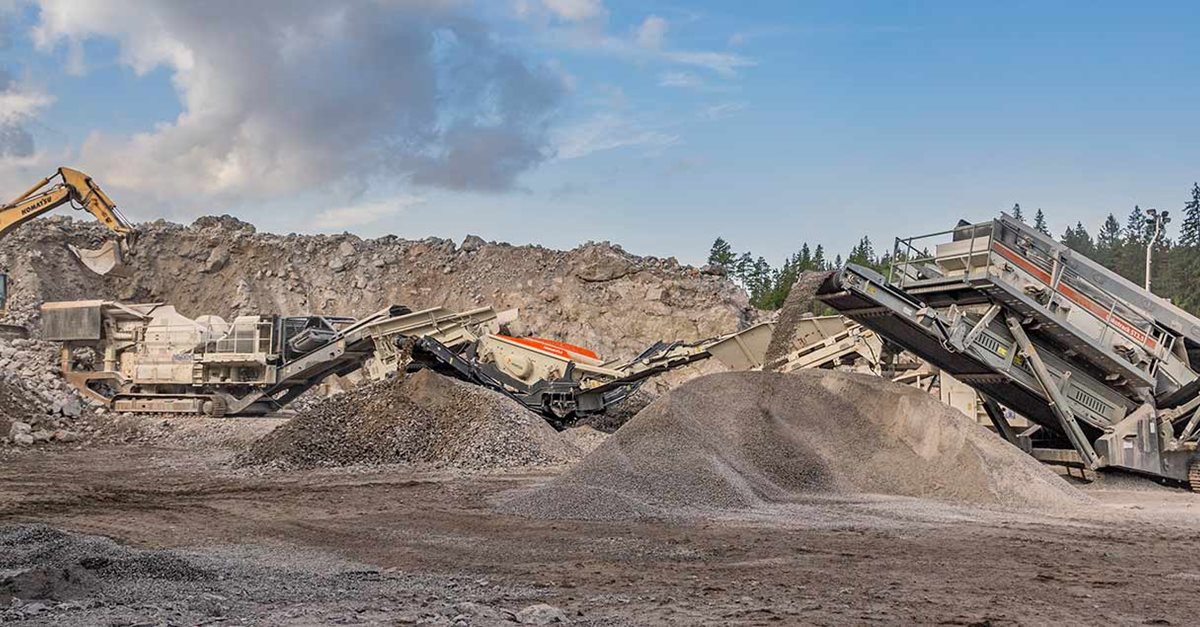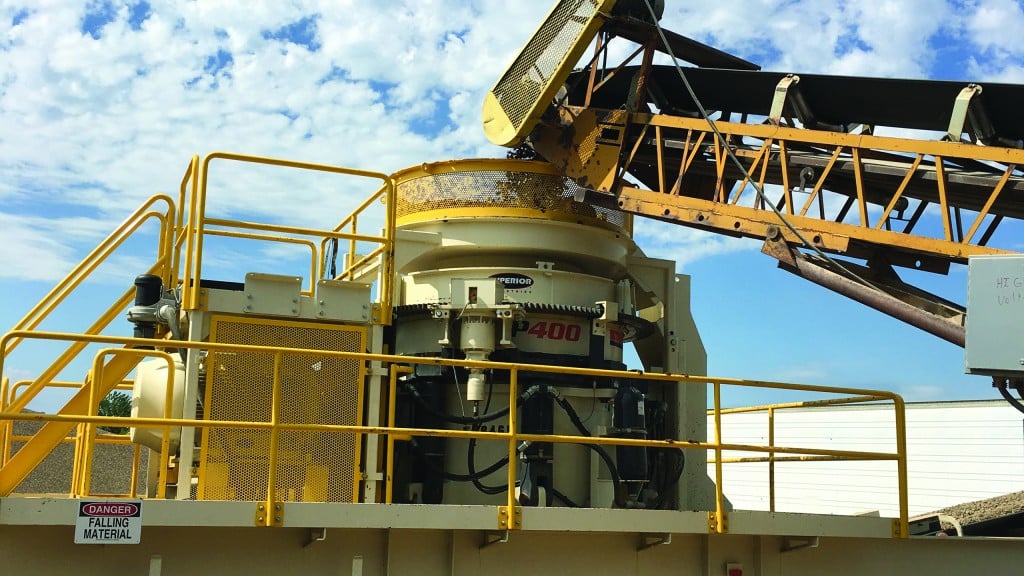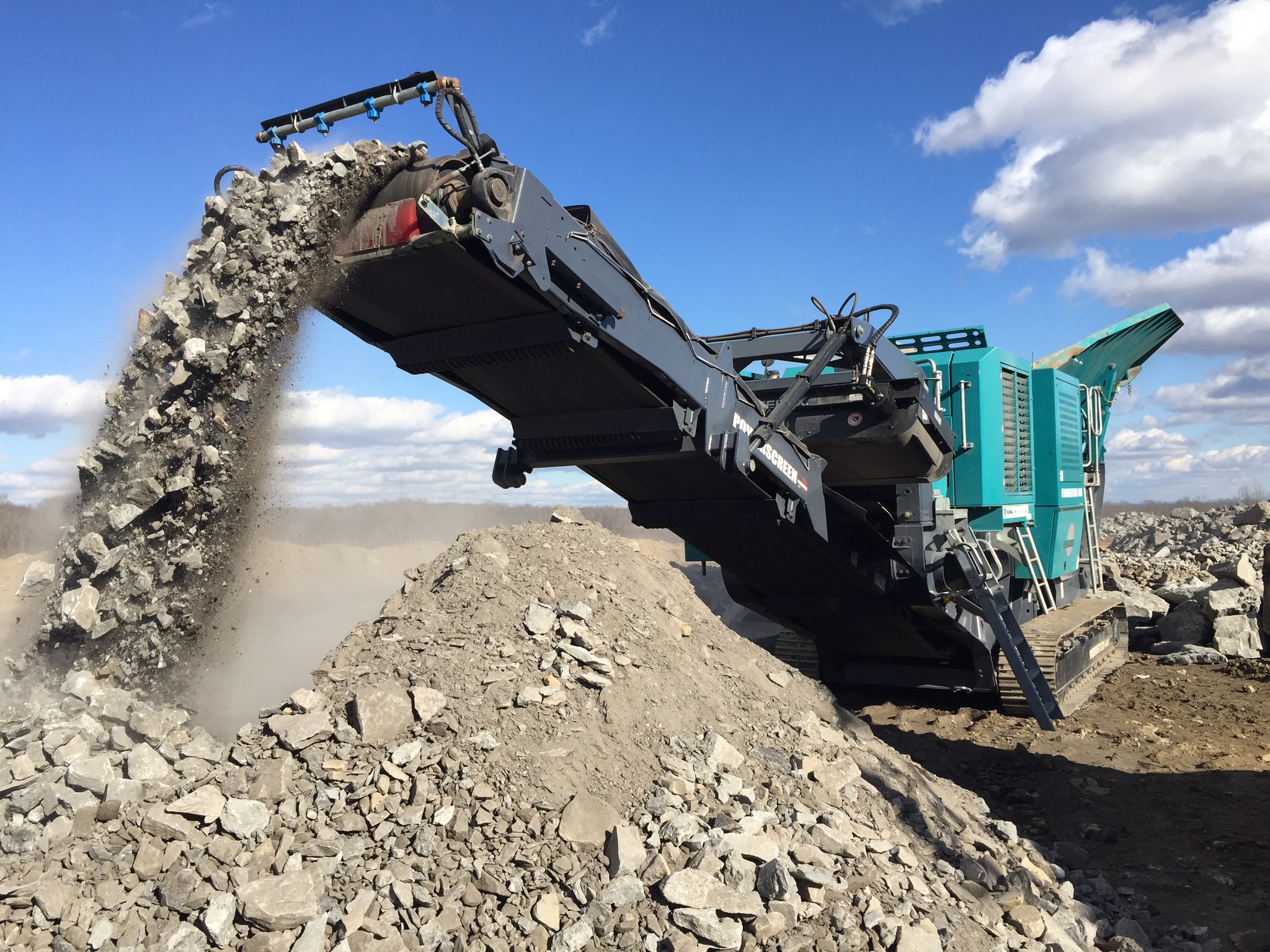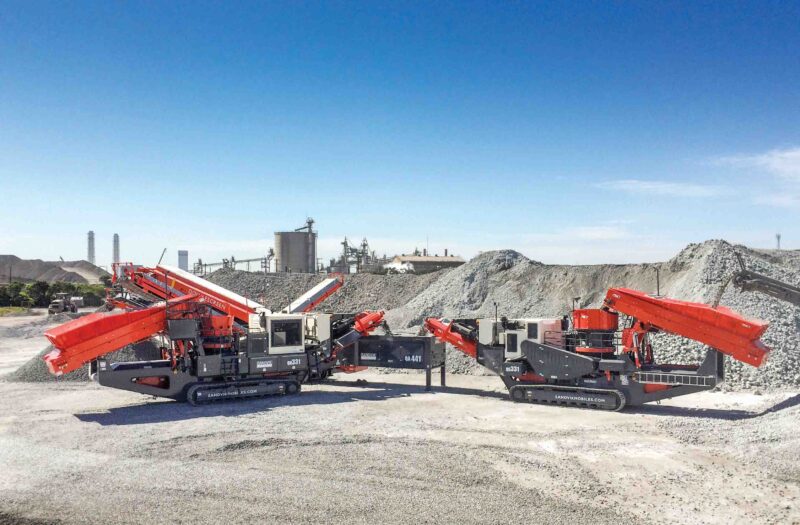Crushing is the ultimate guide to crusher machines for efficient material processing.
From optimized production lines to improved safety and convenience, this comprehensive guide covers everything you need to know about these powerful machines.
Whether youre a novice looking for an introduction or an experienced operator searching for tips on how best to use your equipment, Crushing It has got you covered! Explore the fundamentals of crushing technology from different types of materials and various machine designs, as well as learn more about their applications in different industries. Discover the various ways in which crusher machines can help reduce time-consuming steps while still maintaining high levels of efficiency throughout your material processing process.
With Crushing It, find out why investing in these machines will be beneficial for both operators and businesses alike!
Types of Crushing Machines and Their Benefits
Crushing machines are essential pieces of equipment for efficient material processing.
Depending on the type of materials, different crushing machines can be used to achieve optimal results.
Here is an overview of some common types and their benefits: Impact Crushers: Impact crushers use high-speed rotors with wear-resistant tips that impact the material as they pass through the rotors chamber. These crushers offer a more consistent product size when compared to other types of crushing machinery and are suitable for both hard rock and soft rock applications.
They also tend to produce minimal dust or fines in comparison with other crusher types, making them ideal for both indoor and outdoor operations. Jaw Crushers: Jaw crushers utilize two opposing jaws which reduce materials by compressing them between two plates until it fractures into smaller particles. The gap between the jaws can be adjusted depending on the desired output size but usually range from 5mm up to 80mm wide.
This type of machine is well suited for quarrying, recycling, mining activities, as well as primary crushing operations where large amounts of material need to be crushed into small sizes quickly and efficiently. Cone Crushers: Cone crushers have a rotating cone shaped like an inverted funnel that crushes rocks against a mantle surface at increasing speeds as it moves down its interior walls toward its base opening.
They are most commonly used in secondary or tertiary applications since they provide higher reduction rates than jaw crushers due to their greater speed ratio between mantle surfaces while still producing a fine end-product shape without excessive dust or fines being generated during operation. No matter what kind of material you’re dealing with, there’s likely an appropriate crushing machine available – each offering unique benefits depending on your needs!
Steps for Optimizing Your Crushing Machine Setup
 Optimizing your crushing machine setup is one of the most important steps for efficiently processing materials. To ensure that you get the best results, here are some tips to consider: 1) Start by making sure that all your machinery is properly adjusted and running correctly.
Optimizing your crushing machine setup is one of the most important steps for efficiently processing materials. To ensure that you get the best results, here are some tips to consider: 1) Start by making sure that all your machinery is properly adjusted and running correctly.
Check any moving parts like conveyors or crushers and make adjustments as necessary to get them working optimally. 2) Ensure that all safety features are enabled on each piece of equipment; this will minimize potential accidents or injuries while operating the machines.
Additionally, check that any emergency stop buttons are easy to access in case something goes wrong during the operation. 3) Establish a regular maintenance schedule for each machine so it runs smoothly over time without any unexpected issues cropping up due to wear and tear.
This includes cleaning out chutes and hoppers regularly, oiling bearings, checking belt tensions, etc.. 4) Evaluate how much material you need to be processed at once versus how quickly you want it done – if throughput speed is more important than total output quantity then focus on optimizing processes accordingly (e.g.
, increasing feed rate). On the other hand if larger batches of material need processing with minimal downtime then prioritize improvements there first (e.
g.
, adding extra personnel).
5) Consider upgrading certain components such as motors or belts if they aren’t performing well enough; sometimes even small changes can make a big difference in overall efficiency levels when done correctly!
Maintaining Your Crushers for Peak Performance
 Maintaining your crushers for peak performance is essential to ensure smooth material processing.
Maintaining your crushers for peak performance is essential to ensure smooth material processing.
With proper maintenance and quality parts, you can extend the life of your machine while keeping it running at its best.
Regularly inspect the equipment to look for signs of wear or damage, and replace any worn-out components as soon as possible. Ensure that all lubrication points are properly greased and checked regularly, too.
Cleaning debris from around the crusher helps prevent unnecessary downtime due to blockages or other malfunctions in production. Lastly, don\’t forget about regular maintenance checks with a qualified professional who can help identify potential issues before they become problems that affect productivity and efficiency in material processing operations.
Troubleshooting Common Problems with Crusher Machines
 Troubleshooting common problems with crusher machines is essential for efficient material processing. Knowing which problems to look out for can help you maintain your machinery and keep it running in peak condition.
Troubleshooting common problems with crusher machines is essential for efficient material processing. Knowing which problems to look out for can help you maintain your machinery and keep it running in peak condition.
Regular maintenance and inspections are key, as they will identify any potential issues early on before they become costly repairs. If you do experience a problem with your machine, certain steps can be taken to diagnose the issue and get it back up and running quickly.
Start by checking the power supply, ensuring all connections are secure and that no wires or cables have come loose over time. It may also be necessary to check the filters or blades of the crusher if these components are causing an obstruction or malfunctioning.
Additionally, make sure that electrical components such as switches, circuit boards, motors, etc., have not been damaged due to excessive wear or corrosion.
Finally, if all else fails contact a certified technician who will have specialized knowledge on how best to repair your particular machine model so as not to cause further damage down the line.
Conclusion
Crusher machines are an efficient and cost-effective way to process materials for a variety of applications. With their powerful motors, crushing capability, versatility, and dependability, these machines help businesses save time while producing quality products that meet customer needs.
From small-scale projects to large industrial operations, crusher machines provide the speed and power necessary for efficient material processing.
Whether it’s breaking down chunks of concrete or rocks into smaller pieces or reducing bulk items to more manageable sizes, crusher machines make light work out of heavy workloads.
This makes them a great choice for any business looking for reliable equipment at competitive prices.


